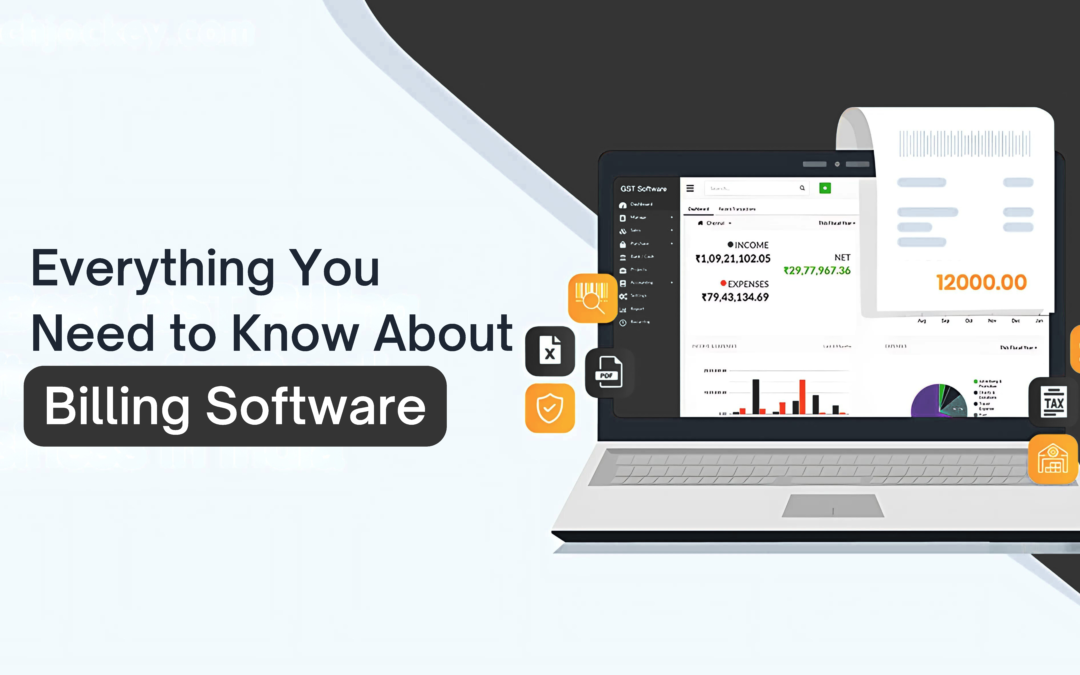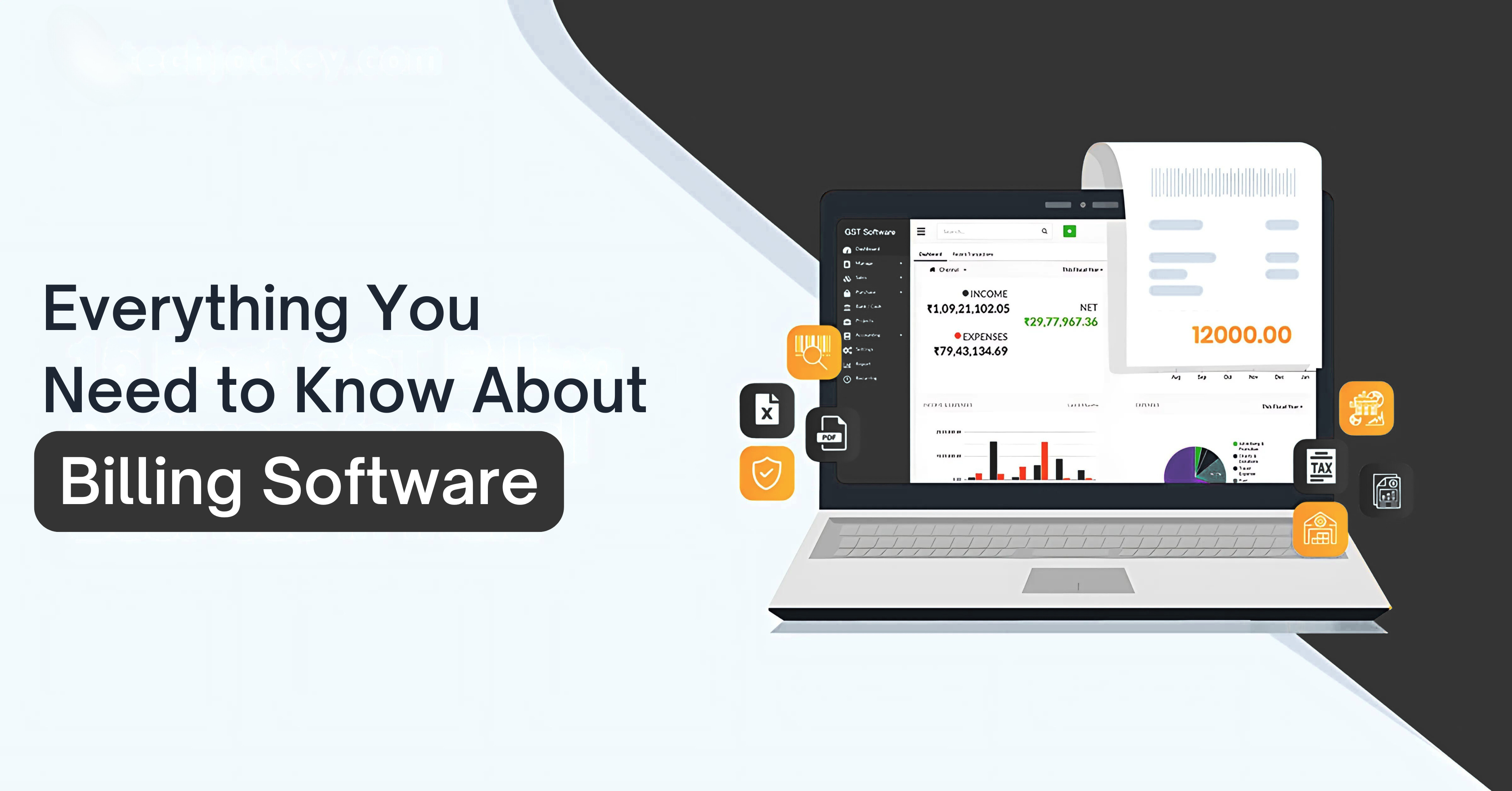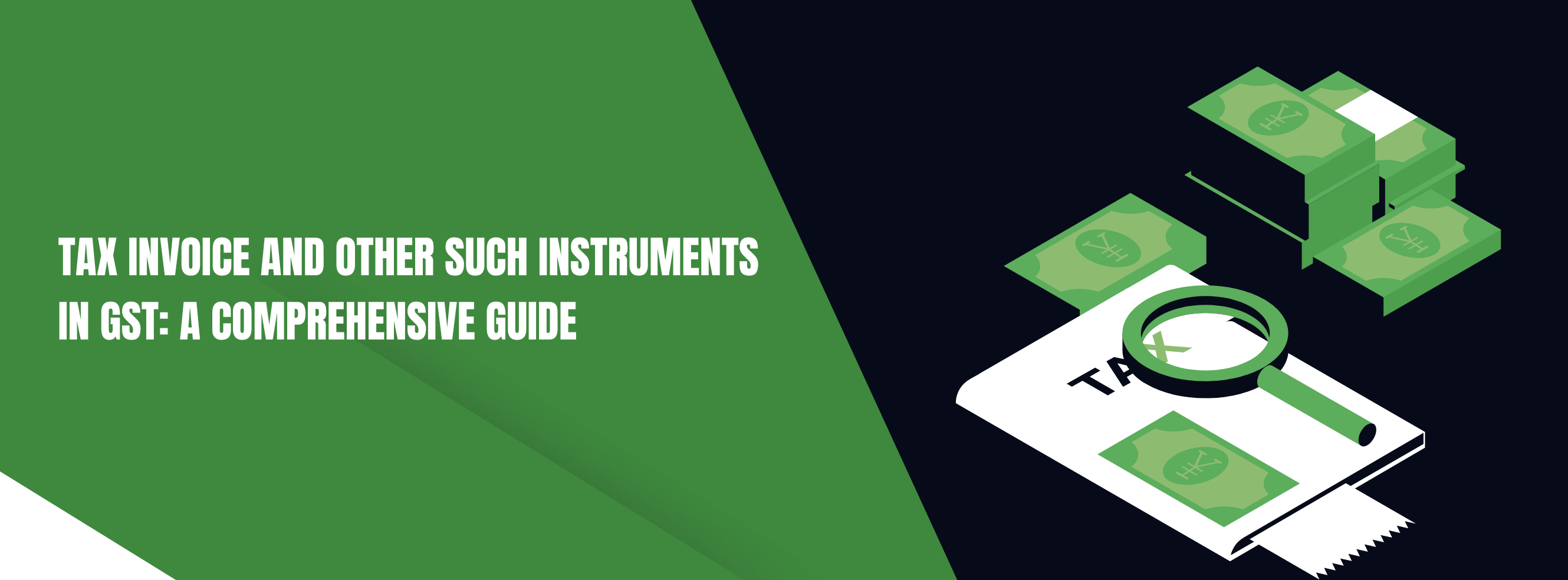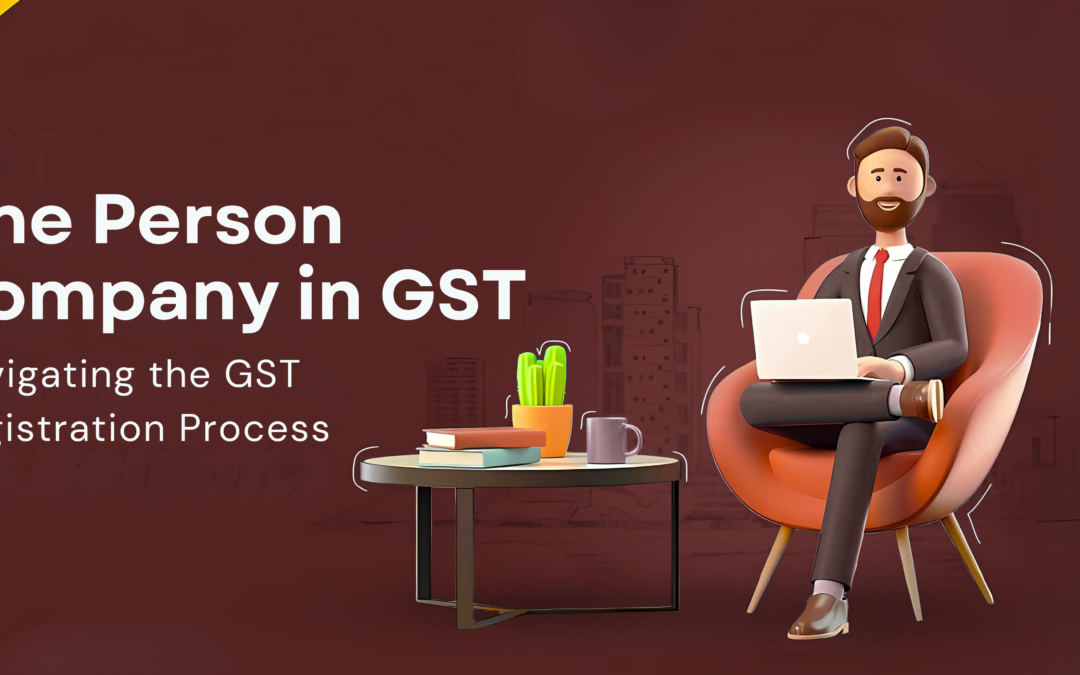
Success of Business Depends on How We Respond to Opportunities

In today’s fast-paced business environment, opportunities often knock at the door without warning. The difference between a thriving business and one that struggles can often be traced back to how well a company identifies and responds to these opportunities.
Recognizing Opportunities: The First Step
- Stay Ahead of Trends: Successful businesses are always on the lookout for emerging trends in the industry. Whether it’s adopting new technologies, understanding market shifts, or keeping an eye on customer preferences, being ahead can open doors to untapped markets.
- Data-Driven Decision Making: Data is the new gold. Companies that leverage data analytics can spot opportunities more efficiently. Monitoring consumer behavior, tracking competitors, and using predictive analysis can give an early advantage.
Quick Decision-Making
- Speed Matters: The business world is competitive, and speed is often crucial. While deliberation is important, quick decision-making allows businesses to capitalize on opportunities before competitors.
- Agility in Operations: Successful businesses have agile processes that allow them to pivot when necessary. Whether it’s launching a new product line, entering a new market, or adopting a new business model, agility is key to quick action
Adaptability and Flexibility
- Resilience in the Face of Change: Opportunities are not always obvious and may come disguised as challenges. The ability to remain flexible and adaptable to these changes is what sets businesses apart
- Innovative Thinking: Businesses that foster a culture of innovation tend to see opportunities where others see obstacles. Encouraging creativity among teams can lead to solutions that open new doors for growth.
Leveraging Strategic Partnerships
- Collaborate for Success: Strategic partnerships can be a powerful tool in seizing opportunities. Collaborating with other businesses, influencers, or even experts can allow you to expand reach, share resources, and explore new markets with minimal risk.
- Expand Market Reach: Partnerships can also give businesses access to new customer segments and geographic areas, accelerating growth.
Financial Preparedness
- Be Financially Ready: Many opportunities require immediate investment, and businesses that are financially prepared can act swiftly. This means having a strong financial strategy, access to capital, and efficient cash flow management in place.
- Risk Assessment: Every opportunity comes with risks, and businesses must evaluate these risks before making a move. A strong financial foundation allows companies to take calculated risks without jeopardizing their stability.
Continuous Learning and Skill Development
- Invest in Education: The ability to respond to opportunities is also tied to the skills and knowledge of the team. Regular training and development programs ensure that employees are equipped to tackle new challenges and make the most of emerging
opportunities.
- Stay Curious: Successful leaders and teams never stop learning. Staying curious and engaged with the latest industry trends and developments can reveal hidden opportunities that others might overlook.
Conclusion
Opportunities are the lifeblood of any successful business. But recognizing, acting on, and executing those opportunities requires preparation, agility, and the right mindset. By staying adaptable, fostering innovation, and building strong partnerships, businesses can turn opportunities into lasting success.









